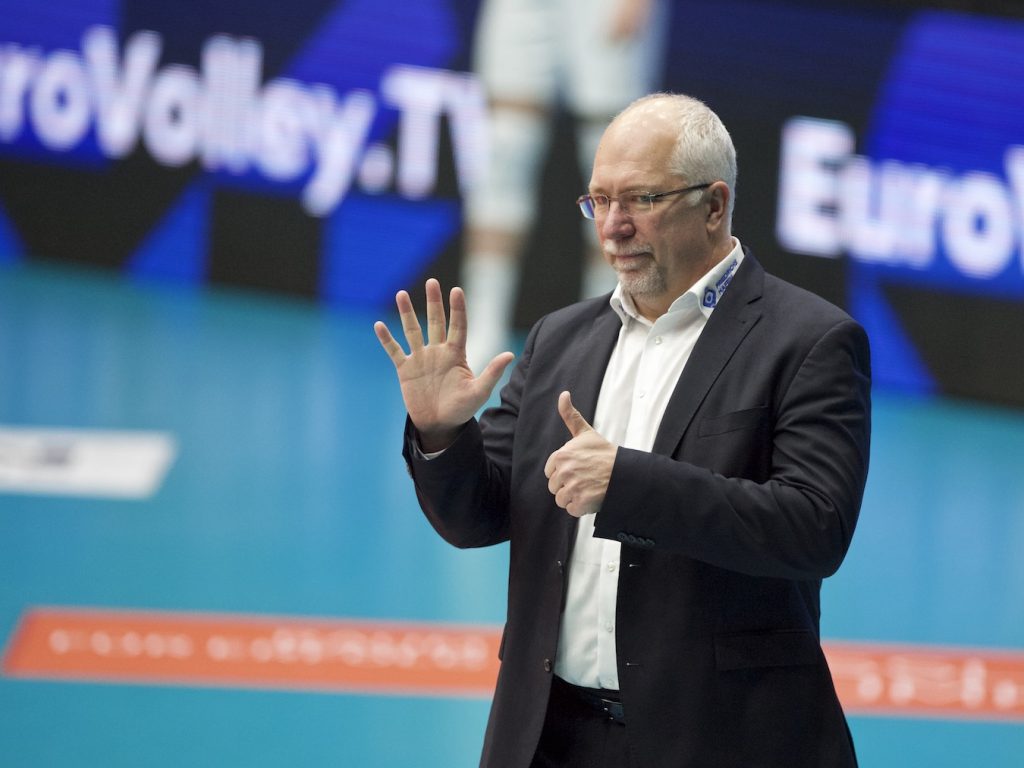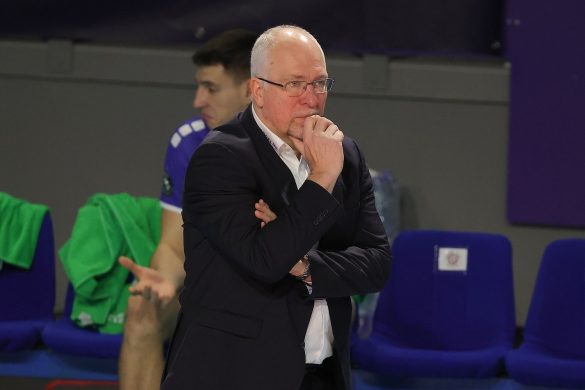Australia has a long and rich sporting history. Deeply rooted in the amateur tradition, Australia has been well above average at a wide variety of sports almost from the moment countries started to compete against each other. Indeed Australia v England at cricket is the oldest remaining regularly played international competition. I think England v Scotland at football (I can’t bring myself to say s***** anymore) has older origins but is no longer played regularly**. Between the amateur tradition and Australia’s laidback culture, the highest level of sporting excellence was, and to a degree still is, to not look like one is trying to be good at sport.

That was all fine and dandy until 1976 when Australia performed below expectations at the Montreal Olympics. This caused much wailing and gnashing of teeth and upon reflection Australia as a nation decided it would be good to be good at sport even if you have to look like you’re trying. This led ultimately to the establishment of the Australian Institute of Sport and the adoption of many Eastern Bloc systems and methods, except of course for the systematic, State run doping program part. There was a line. This is all a roundabout way of getting to sports psychology.
Sports psychology was one of the disciplines Australia began to tap into as a method to be good at sport starting in the 1980s. There were a few basic elements to the sports psychology program at the time, especially for visiting, i.e. not full time, teams which volleyball always was. One of the main ones was the ‘What If…?’ List. Typically undertaken as a group exercise, the object was to identify things that could go wrong in training or competition and develop strategies for coping with these unexpected impediments to performance. It is an eminently sensible and practical exercise.
Or is it?
The underlying assumption is that excellent performance is made up of multiple, often small, elements, many of which are uncontrollable. This is of course, perfectly true. The desire to not be blindsided by the unexpected is also a sensible response, particularly if there has been an investment of time, effort and (government) money into being good. But the ‘What If…?’ List has a couple of inherent weaknesses. For one, it isn’t possible to identify every single thing that can go wrong. So what if something happens for which there is no strategy? I hope that your first response sitting at home was ‘Include a ‘What if something else happens that’s not already on the list?’, with an accompanying strategy, as part of the list. That is a great plan. But if there is a What if something else happens that’s not already on the list?’ on the list it turns out you can apply it to everything.
So ultimately (see what I did there?), the ‘What If…?’ List that remains, consists of just one ‘What If…?’. And that is: Something went wrong. Ignore it and/or get on with it.
But there is another weakness that actively inhibits performance. By identifying all of the tiny elements that lead to good performance, performance is elevated into an extremely complex activity in the mind of the performer. Indeed, one that is almost never attainable (don’t get me started on ‘journeys’). But more to the point, it becomes a list of excuses. If the light has to be perfect for optimal performance, and the light is not perfect … The floor has to be clean for optimal performance, and the floor is not clean… Even if there is a solution for those problems, the seed is already sown in the players’ mind that an impediment exists for optimal performance. And the point of using sports psychology in the first place is that what goes on in the player’s mind impedes performance.
What if something goes wrong? Ignore it, and/or get on with it. It isn’t very satisfying in a data oriented, performance driven world, but it is the solution to nearly every problem.
And those Australians who were good despite not trying might actually have been good because they weren’t trying.
** There might well be more, but to check would require time and wouldn’t fundamentally affect my thesis.
About Mark Lebedew:

Mark Lebedew authors the At Home on the Court Blog. He coaches professionally in Poland, from january 2021 with eWinner Gwardia Wrocław, in season 2019/20 with Aluron Virtu CMC Warta Zawiercie and in the period 2015-2018 with KS Jastrzębski Węgiel. That follows five seasons Germany where his Berlin Recycling Volleys won three straight league titles and a CEV Champions League bronze medal. He has prior professional experience in Belgium and Italy. Mark was also Head Coach for the Australian Men’s National Team. From 2021/2022 until the end of the 2023/2024 season he was at the helm of VfB Friedrichshafen, while in 2022 he led the Slovenian national team during the Volleyball Nations League. In the 2024/2025 season, Mark Lebedew takes charge of the Netherlands’ team, Nova Tech Lycurgus.
Mark partnered with his brother and father to translate and publish “My Profession: The Game“, the last book by legendary Russian coach, Vyacheslav Platonov.
With John Forman, he is behind the Volleyball Coaching Wizards project (link http://volleyballcoachingwizards.com/) which identifies great coaches from all levels, making their experience, insights, and expertise available to people all over the world. The project has produced multiple books, a in e-book format available here ( link to http://bit.ly/34yakou ) or at Amazon here (link https://amzn.to/2JRqTE6).
In 2021, he launched project Webinars and Presentations on Demand. If you are interested for coaching presentations and webinars available on demand, click here.